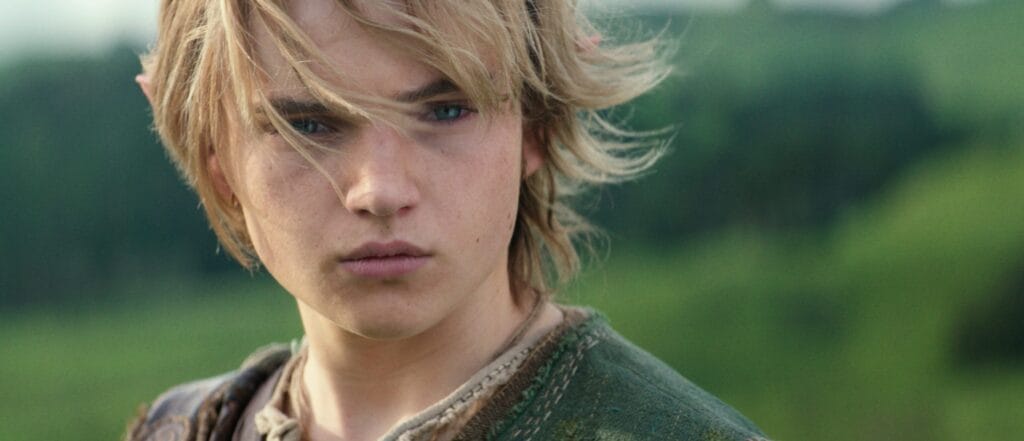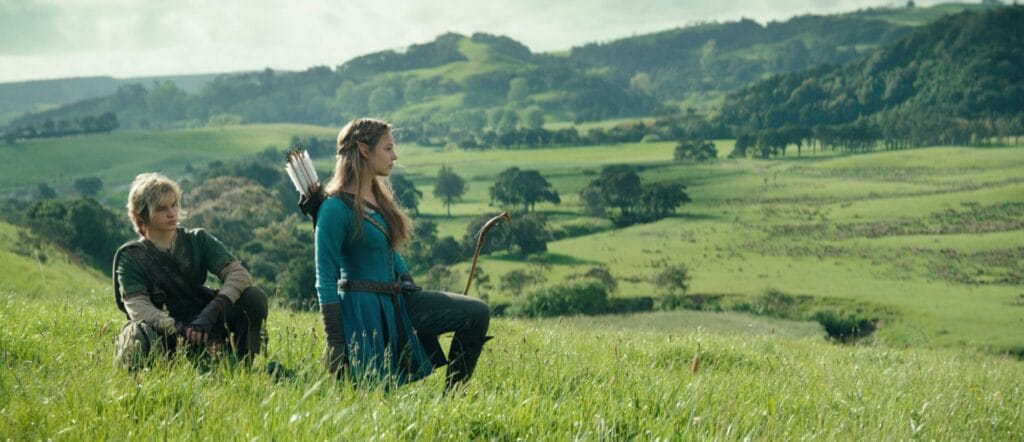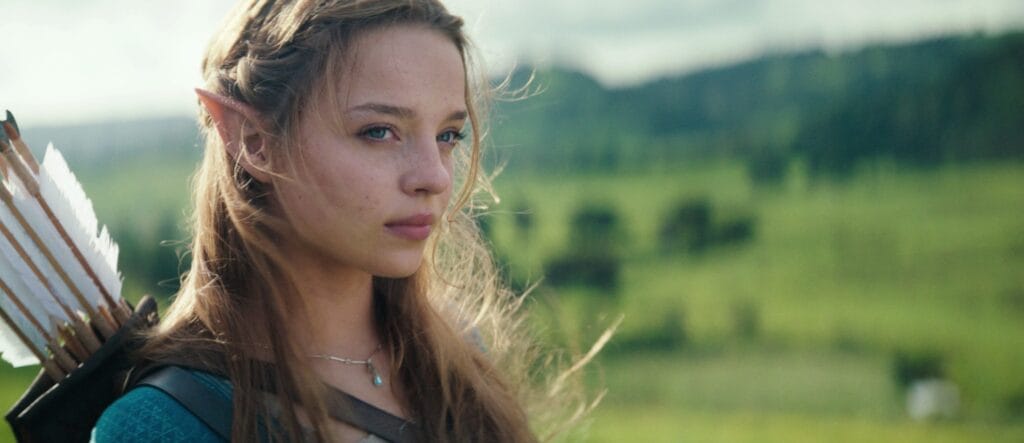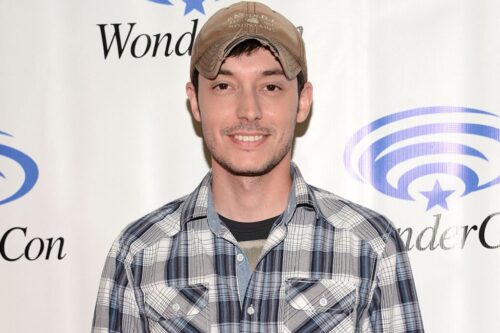Table of Contents
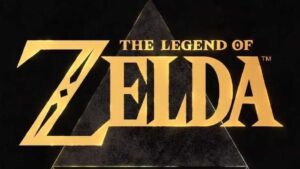
Great news, Hylians! After decades of adventures across countless consoles, the whispers and rumors are finally true: The Legend of Zelda is officially coming to the big screen in a live-action movie. Nintendo is teaming up with Sony Pictures to bring the magic of Hyrule to theaters, and series creator Shigeru Miyamoto will help produce the film alongside Avi Arad, who has worked on the Spider-Man films and Venom.
Release Date
Nintendo originally aimed to release the film on March 26 2027, but in June the company announced that the date has been moved back six weeks to May 7 2027. Miyamoto explained that the delay is “for production reasons” and that the team will use the extra time to ensure the film is “as good as it can be”. Nintendo’s Nintendo Today app and social-media accounts confirmed the new date.
Storyline – What Legendary Tale Will Unfold?
While specific plot details are being guarded more closely than the Triforce itself, we know the screenplay is being penned by T.S. Nowlin, known for his work on The Maze Runner films and The Adam Project. We can likely expect an epic adventure centered around our courageous, green-clad hero, Link, on a quest to protect the mystical land of Hyrule. Of course, the wise Princess Zelda will surely play a pivotal role, and it’s hard to imagine a Zelda story without the looming threat of the power-hungry Ganon seeking the Triforce. Which specific game or era they’ll draw from remains a secret for now!
Cast

Benjamin Evan Ainsworth (Link)
At just sixteen years old, Benjamin Evan Ainsworth steps into the role of Link, the silent hero of Hyrule whose spirit and courage carry the story. Hailing from Nottingham, England, Ainsworth has garnered attention for his performances as Miles in The Haunting of Bly Manor and as the voice of Pinocchio in Disney’s 2022 live-action Pinocchio.
He also stars in the Canadian comedy Son of a Critch and appeared in Everything’s Going to Be Great in 2025. His casting hints at a Link portrayed with youthful energy and emotional depth, and even Google celebrated his announcement with a playful Easter egg referencing Link’s iconic battle cries—“KYAAAA! HYAAAAA!”—next to a male elf emoji.

Bo Bragason (Princess Zelda)
At twenty-one, English actress Bo Bragason is set to bring Princess Zelda to life in a portrayal grounded in strength and intelligence. Bragason has appeared in the BBC One miniseries Three Girls (2017), Disney+’s Renegade Nell (2024), the crime drama The Jetty (2024), and the supernatural comedy film The Radleys (2024).
After Nintendo’s announcement of her casting, Google added a cheeky nod to her character—“Well excuse me, Princess”—alongside a female elf emoji in search results. Her youthful presence is expected to embody Zelda’s dual qualities of regal poise and inner fortitude, aligning with the film’s focus on a grounded yet whimsical tone.
Director
Wes Ball
Wes Ball will helm the first live-action The Legend of Zelda film. Best known for directing The Maze Runner trilogy and Kingdom of the Planet of the Apes, Ball brings strong fantasy and young adult experience to the adaptation. He officially signed on in late 2023 alongside producers Shigeru Miyamoto and Avi Arad
Screenwriters
Derek Connolly
Derek Connolly was the first writer officially tied to the project when it was announced in November 2023. A Miami-born screenwriter and producer, he built his reputation with high-profile action-adventure films like Jurassic World (2015) and its sequels, Kong: Skull Island (2017), and Pokémon: Detective Pikachu (2019).
His involvement suggested an early emphasis on grand scope and blockbuster-style storytelling. References to him in press coverage confirm his role, including IMDb’s credits listing Connolly as writer alongside T. S. Nowlin.
T. S. Nowlin
In June 2025, screenwriter T. S. Nowlin was officially confirmed to replace Connolly as the writer of the film’s screenplay. Nowlin had previously collaborated with director Wes Ball on The Maze Runner trilogy and scripted Pacific Rim Uprising and The Adam Project—projects known for their blend of imaginative world‑building and emotional resonance. As reported in Backstage and other outlets, his appointment signals a fresh direction grounded in character and tone that aligns with Ball’s vision of a whimsical yet serious adaptation.
Media
